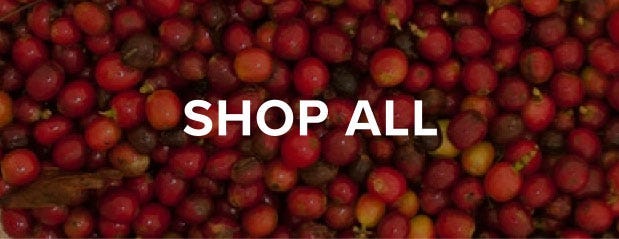Don't Practice in Public, and Other Thoughts on Becoming a Roaster
For those of a certain age, those who were alive and listening to music before the arrival of MTV or the myriad of other
television venues delivering the innovation of “music videos” in the early 80’s, there was a common refrain when we felt
we were being subjected to more sizzle than steak, when the reach of a video’s production values exceeded the grasp of
the music itself.
“Cool video,” we’d say. “Too bad about the music.”
It was an admonition—often self-righteousness, sometimes unfair, always subjective—but it also expressed an inevitable
kind of sadness that arrives when time marches on and over the way things were, like my idea of what constitutes good
music or real music. It’s true that some of my favorite music emerged from the 1980’s, introduced to the world, in large
part, through music videos; nevertheless, there was a lot of music that didn’t deserve the stage it was given just
because “Friday Night Videos” needed to fill it’s 90-minute time-slot. Having a music video doesn’t make you a musician
any more than owning an instrument does.
And here’s an awkward segue: Having a cool logo doesn’t make you a coffee roaster any more than owning a roaster does.
 This and top photo by
Covoya
This and top photo by
Covoya
 Photo Covoya
Photo Covoya
- Mack had not sampled the coffee because he doesn’t have a sample roaster and his production roaster is too big to roast samples. “Go big or go home” was the idea when he cleared out his savings and borrowed money to purchase a roaster.
- Mack brewed the coffee but did not cup the coffee because 1) no sample roaster and 2) his plan is to “learn to cup coffee when he's roasting more origins.”
- Cool logo.
 Photo by Carrier Roasting Co.
Photo by Carrier Roasting Co.
Loading...
252 view(s)
252 view(s)







